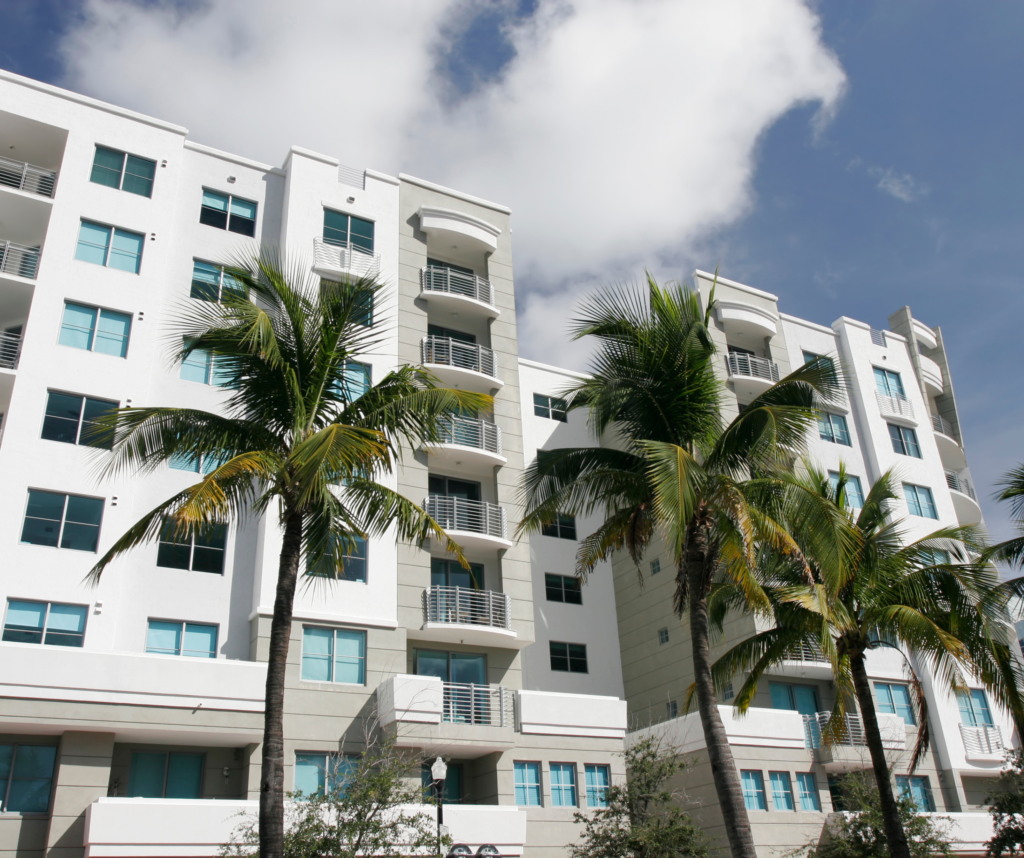California ranks as one of the most expensive places to own and manage a home in the United States due to the rising inflation and other socio-economic variables. However, with exposure to the effects of natural disasters and man-made damages, it’s a no-brainer for homeowner associations to seek insurance solutions. Besides helping HOAs protect their purses from liabilities and risks, HOA insurance solutions also help improve the value of properties in a given community. In this article, we will explore the need for insurance solutions for homeowners associations in California, the types and how to choose the right insurance solution.
Understanding Insurance for HOAs
Homeowners Association (HOA) insurance is that insurance that covers areas of a community under the jurisdiction of a homeowners association. These areas are usually common grounds, like the community’s recreational facilities, lobbies, street structures and hallways. HOA insurance covers for all damages on these properties so that the HOA’s purse is not affected during repairs or replacements. The difference between homeowners association insurance and homeowners’ insurance is that while HOA insurance covers the exteriors of private properties and common grounds, homeowners insurance only covers your private residence, furniture or personal liabilities attached to your home. In summary, while homeowner insurance covers private residences of individuals, homeowners association (HOA) insurance covers properties managed by the community.
Why is insurance important for HOAs?
Liability expenses:
No matter how safe and secure a facility is, accidents and damages are bound to happen, leaving liability expenses in their wake. These expenses could come in as a result of personal injuries on the property or from property damage inflicted by people or nature. Whichever way these expenses come, it is the responsibility of the homeowners association to cover for them. HOA insurance solutions steps in to these expenses instead.
Security for residents:
It provides a sense of security for homeowners living in areas where HOA insurance covers. An insurance cover assures residents that in the event of an unexpected occurrence in a common facility or space, there is already a plan to savage the situation. For example, wondering how to pay up for damages if an accident occurs during a holiday party is already sorted out if there’s HOA insurance in place.
Improved Community Value:
Beyond protection from liabilities, HOA insurance improves the worth of a community’s value. When seeking to acquire new homes, prospective homeowners prefer secure and safe communities and an HOA insurance cover is often part of the consideration. Communities such as these often attract investors in droves because such communities are perceived to respond efficiently to issues without financial turmoil for homeowners. For example, if there was a sudden need for garbage collection or landscaping in areas with HOA insurance coverage, homeowners do not have to pay for these. As a result, such areas become desirable for prospective homeowners.
Protection against lawsuits:
The United States records over 40 million lawsuits yearly and HOAs cannot stay unprepared for any possible lawsuit. Even though most litigations against HOAs are settled out of court, HOAs have to part with funds. That is where an insurance cover comes in. If, for instance, there is an accident at your community’s park or sidewalk and the victim intends to sue, the HOA’s purse is already protected from strain that may arise from litigation fees or settlement funds.
Types of HOA insurance cover
For the best HOA insurance outcomes, your HOA insurance broker should provide the following kind of coverage in California.
1. Property coverage
As required by the Davis Stirling Act, homeowners associations are expected to have property insurance coverage to help in cases of potential risks. To ensure adequate coverage in circumstances requiring complete replacements, it is important to carry out accurate building evaluations. In an earthquake-prone location like California, it is expedient for property coverage to include earthquake coverage, as this is usually not the norm.
2. D&O Liability Coverage
Leaders of organizations often risk being exposed to personal financial losses due to litigation against their organizations. HOA insurance should protect the board members of the given HOA from such exposures. This insurance coverage is stipulated to be over $500,000 by the Davis-Stirlings Act to ensure proper coverage from litigations such as breach of contract, shareholder lawsuits or inadequate insurance coverage.
3. General Liability Coverage
This covers both personal injury claims and property damage, among other forms of potential risks. Large HOAs in California are expected to hold a minimum of $3 million in their Commercial General Liability insurance account. Smaller HOAs are allowed to hold about $2 million or more.
Other forms of insurance coverage homeowners associations in California can look forward to include workers compensation coverage if they have employees, fidelity bonds to guard against loss of funds due to mismanagement from employees and earthquake insurance since most HOA insurance brokers do not ordinarily cover such events.
Challenges of HOA Insurance in California
A major challenge experienced by HOAs in California is the cost of insurance services. Although prices may vary with respect to location, the value of the property, the broker or exposure to natural risks like wildfires, it is usually common to find California HOAs paying exorbitant prices for insurance coverage. Another challenge is the ever-changing policy requirements. Besides the Davis Stirling and the Civic Code Sections 5800-5810, there are often others that alter broker arrangements.
Choosing the right HOA solution
How do you choose the right HOA insurance solution? Here are a few guides to help you make the best choice for your California neighborhood.
1. Assessing the needs of the HOA
Needs differ from community to community and as insurance premiums keep rising, it is imperative that HOAs conduct risk assessments to ascertain their needs. Knowledge of likely risks will help your HOA choose which broker is best suited for it.
2. Assess policies and brokers
Different brokers come with varying costs and exclusion principles. For instance, some brokers do not cover property liabilities arising from deterioration while others do. Also, broker fees differ across boards. Moreso, it is best to identify brokers that guide you on how to utilize HOA guidelines in a way that manages cost while delivering efficient coverage.
3. Contracting Specialized HOA brokers
While a number of general insurance firms can offer HOA insurance services, it is always better to give the task to HOA brokers with a proven record of covering HOA insurance needs, like NEXTIER. This helps your HOA obtain detailed solutions.
Final Thoughts
Finding insurance solutions for California HOAs is important because it protects your community from liability expenses, guarantees safety, and improves the value of your community while protecting the HOA from financial strain in the face of possible litigation. However, it is also important to understand what is to be covered by the insurance broker, such as property, D&O, and general liability. Brokers such as NEXTIER go the extra mile to offer complimentary HOA insurance checks for your HOA. These checks include CC&R compliance checks, exclusion reviews, and comprehensive deductible assessments, among others.







